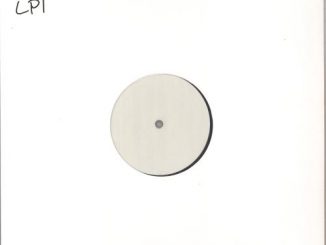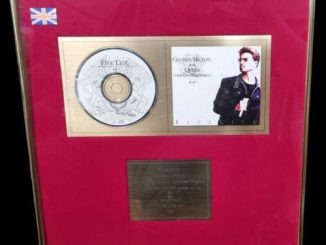Martin Scorsese tells Jane Mulkerrins how, with Mick Jagger’s help, he’s recreating the Manhattan music scene of 1973 for new HBO series Vinyl

Up a grimy, narrow staircase, along a squalid corridor occupied by prostitutes and sequin-sporting transvestites, a raucous gig is under way. Onstage, the New York Dolls are in frenzied, full flight and the sweaty, beer-swilling crowd is threatening to bring down the house.
At the centre of the room, leather-jacketed record company boss Richie Finestra (played by Bobby Cannavale) is surveying the scene. He’s spent 15 years building an empire; now he’s struggling to hold on to his success. The rush of this raw new sound is coursing through his veins – along with the large quantity of cocaine he’s just bought and consumed in his car.
This is downtown New York, 1973, brought back to wild, decaying, energetic life in Vinyl, a lavish new 10-part American drama series. I can’t help but reflect on the extreme contrast between past and present as I watch the ambitious two-hour pilot, directed by Martin Scorsese, in his private Manhattan screening room, a cosy 12-seat cinema, complete with cashmere blankets.
Far from being a misty-eyed ode to the music industry, Vinyl exposes its murkier underbelly: the system of “payola”, by which record companies buy chart positions; the Mob’s heavy involvement on the scene; and artists being treated as commodities.

Lending the series an impossibly glamorous level of authenticity is executive producer Mick Jagger. The show’s inception dates back some 20 years, when the Rolling Stones frontman approached Scorsese with an idea for a film about a group of friends in the record industry.
“We got really screwed in the Sixties,” says Jagger, speaking via satellite from the garden of his villa in the Caribbean. “So I had to become involved [in the business side of things]. As the Sixties went on and it became the Seventies, I got really involved with the record companies and how they worked; who was good, who was bad, who paid who, who screwed who, who ended up with the money.”
After numerous scripts and years of development, the economic crash of 2008 scuppered Jagger’s original vision – a big screen, three-hour period epic that spanned 40 years. But Vinyl, a slimmed-down, more tightly focused version of the story, has been brought to television with the aid of screenwriter and producer Terence Winter, who along with Scorsese, has already proven himself adept at capturing the drama of an empire crumbling.
Winter, 55, was a writer and executive producer for American television series The Sopranos, in which Tony Soprano (James Gandolfini), presiding over a mob empire that had left its “glamour years” long behind, mused: “Lately, I’m getting the feeling that I came in at the end. The best is over.”
Scorsese has always been drawn to the theme of a kingdom in collapse. “I saw it happening in real time,” he says. “You would see guys like the ones in Goodfellas and Casino, driving Cadillacs and wearing thousand-dollar suits, and you could see the downfall already – the story was being written before your eyes.
“Maybe that’s why I love The Leopard, both the Lampedusa novel and the Visconti film,” he continues. “Because it’s a story of someone who recognises that his entire way of life [in 19th-century Sicily], the world as he knows it, is coming to an end.
“And he understands that he has no choice but to make way for it. Because everything ends,” he reasons. “Sometimes it happens on a very small scale, within your family, your house. Sometimes it’s a whole way of life. And sometimes it’s a business, a way of doing things.”
Read more at The Telegraph
Who’s Been Watching Martin Scorcese & Mick Jagger’s ‘Vinyl’ TV Series?
[interaction id=”56ded79a4ab46a0103a04185″]




Be the first to comment